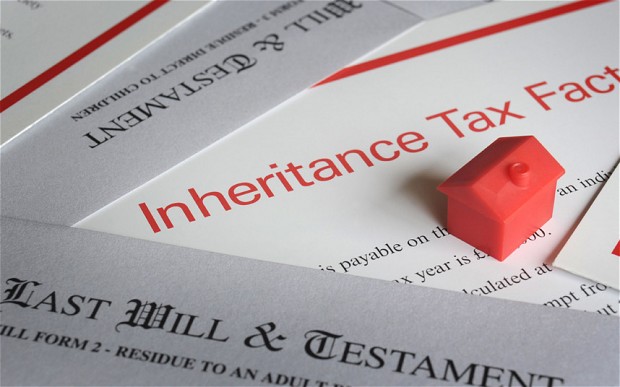In the UK, inheritance taxes can be a complex topic that many people find daunting. Understanding how inheritance taxes (often abbreviated as IHT) work, and who they apply to, can make a significant difference in estate planning and financial decision-making.
This charge is levied on the estate of someone who has passed away, and it must be handled carefully to avoid unnecessary financial burdens on beneficiaries. In this comprehensive guide, we will explore the ins and outs of IHT in Britain, clarify key concepts, and provide you with essential information to help manage your inheritance planning more effectively.
Navigating the rules of UK inheritance taxes

When dealing with UK inheritance taxes, it’s important to understand the basic rules. Typically, IHT is charged at 40% on estates valued above the nil-rate band, which is currently set at £325,000. However, several reliefs and exemptions might reduce or even eliminate the liability. For instance, if you leave your home to your children or grandchildren, you may receive an additional residence nil-rate band, potentially increasing the threshold by up to £175,000.
Another important aspect is understanding how gifts can impact your IHT liability. Gifting assets during your lifetime can effectively reduce the value of your estate. The concept of ‘potentially exempt transfers’ means that gifts made more than seven years before your death are not subject to IHT. However, gifts made within seven years can result in a tax charge, dependent on the amount and timing.
Common misconceptions about inheritance taxes
There are several misconceptions regarding inheritance taxes that can lead to confusion and mismanagement of estate planning. One widespread belief is that IHT applies only to the wealthy. In reality, with property values on the rise, a larger number of estates come under the IHT umbrella than many might expect. As housing prices continue to appreciate, more and more individuals find their estates liable for inheritance taxes, sometimes unexpectedly.
Another common myth is that IHT planning is only necessary as one gets older. In fact, early planning can provide significantly better outcomes. Estate planning should start early to take full advantage of tax reliefs, exemptions, and strategic gifts. Waiting too long might limit available options and increase financial strain on heirs.
Strategies to manage inheritance taxes effectively
Successfully managing inheritance taxes necessitates a range of strategies tailored to individual circumstances. One technique is trust formation, which allows assets to be held and managed independently of the current estate holder. Trusts can offer control over when and how beneficiaries receive assets, along with potential tax efficiencies and legal protections. Different trust structures exist to serve diverse needs, whether passing on business interests or safeguarding assets for future generations.
Furthermore, life insurance policies can be a powerful tool in offsetting inheritance tax liabilities. When a policy is placed in trust, upon an individual’s death, the proceeds can be used to cover any tax obligations, ensuring that beneficiaries receive the estate without needing to liquidate valuable assets to pay taxes. This approach provides liquidity at a crucial time and can prevent financial distress and the forced sale of family heirlooms or property.
Effective tools and planning for future savings
Thinking ahead with a well-crafted estate plan is essential for minimizing the impact of inheritance taxes and safeguarding your assets for future generations. Comprehensive planning includes reviewing potential tax burdens, utilizing all available exemptions, and adjusting your approach as needed. Regular updates to your financial and legal strategies ensure that your plan remains current and efficient in a changing fiscal landscape.
Seeking advice from experienced financial advisors or tax professionals familiar with the UK’s inheritance laws can greatly enhance your planning outcomes. Their insights and expertise provide invaluable guidance in navigating the nuances of UK inheritance taxes, offering you tools and techniques you might not uncover independently. This collaborative process becomes critical in crafting a custom, sensitive, and sustainable tax strategy.
The importance of ongoing reviews and updates
Once an estate plan is established, it should not be left unattended. Life events such as marriage, divorce, the birth of children, or changes in asset values require revisiting and adjusting your plan accordingly. This ensures your arrangements remain aligned with your personal desires and the latest tax regulations. Regular reviews reaffirm that your will, trusts, and other estate planning documents are accurate reflections of your current intent.
Staying informed about changes in legislation related to inheritance taxes in the UK is another critical component. Tax policies evolve, and what was advantageous today might become obsolete tomorrow. Staying ahead of these shifts ensures your strategy remains beneficial and compliant. A consistent partnership with a legal or financial expert provides the updated knowledge necessary to adapt and optimize your estate planning approach.



